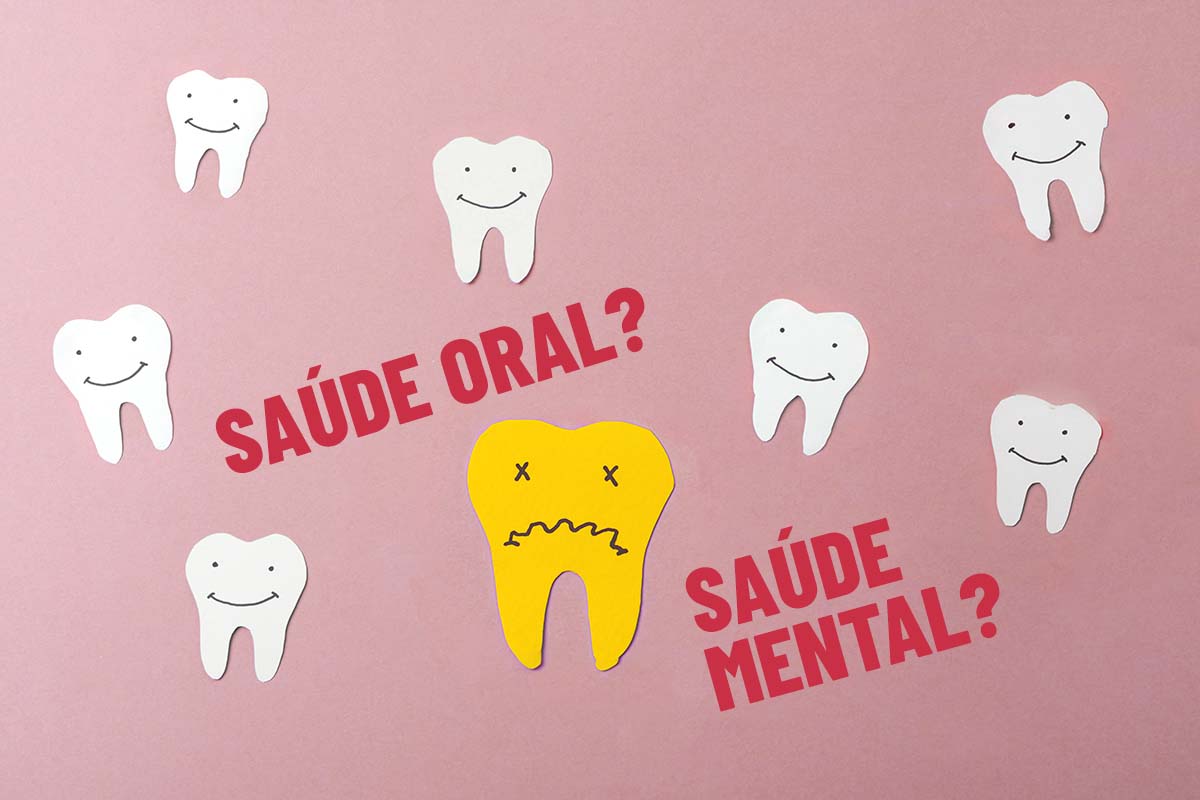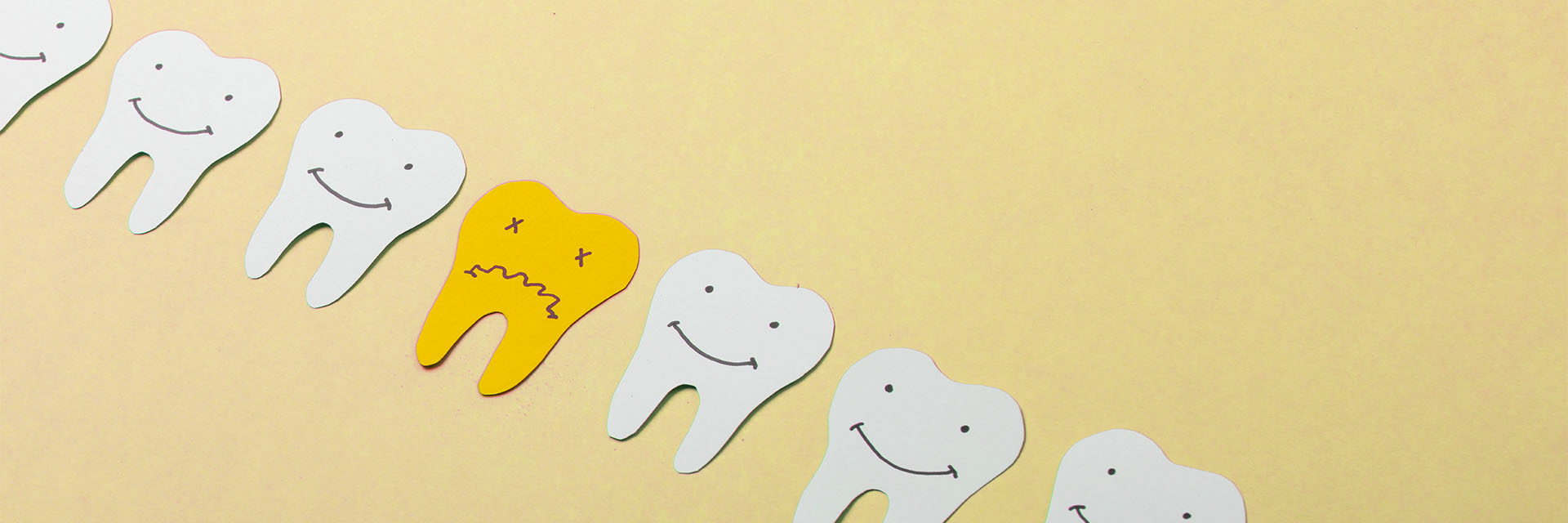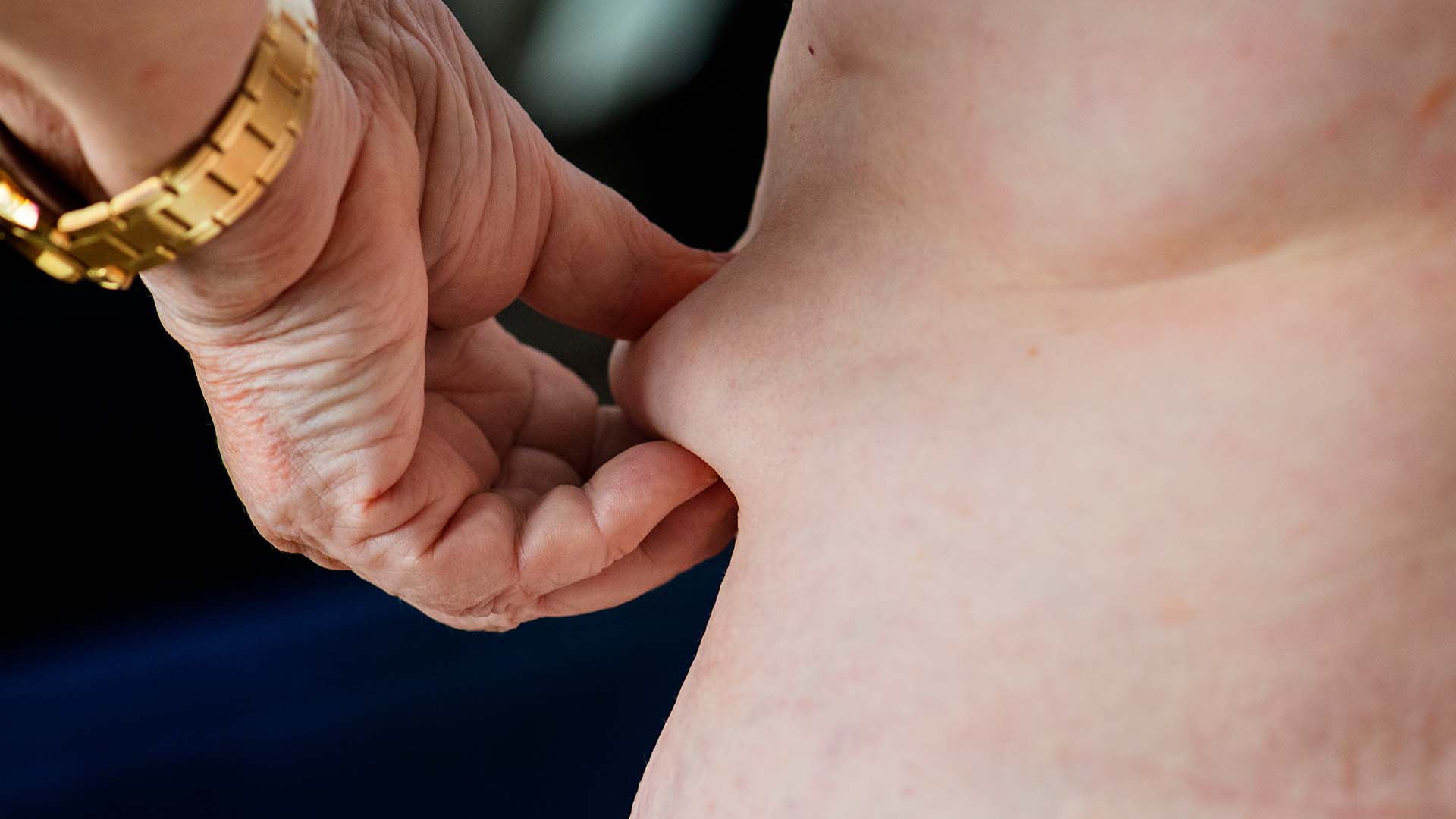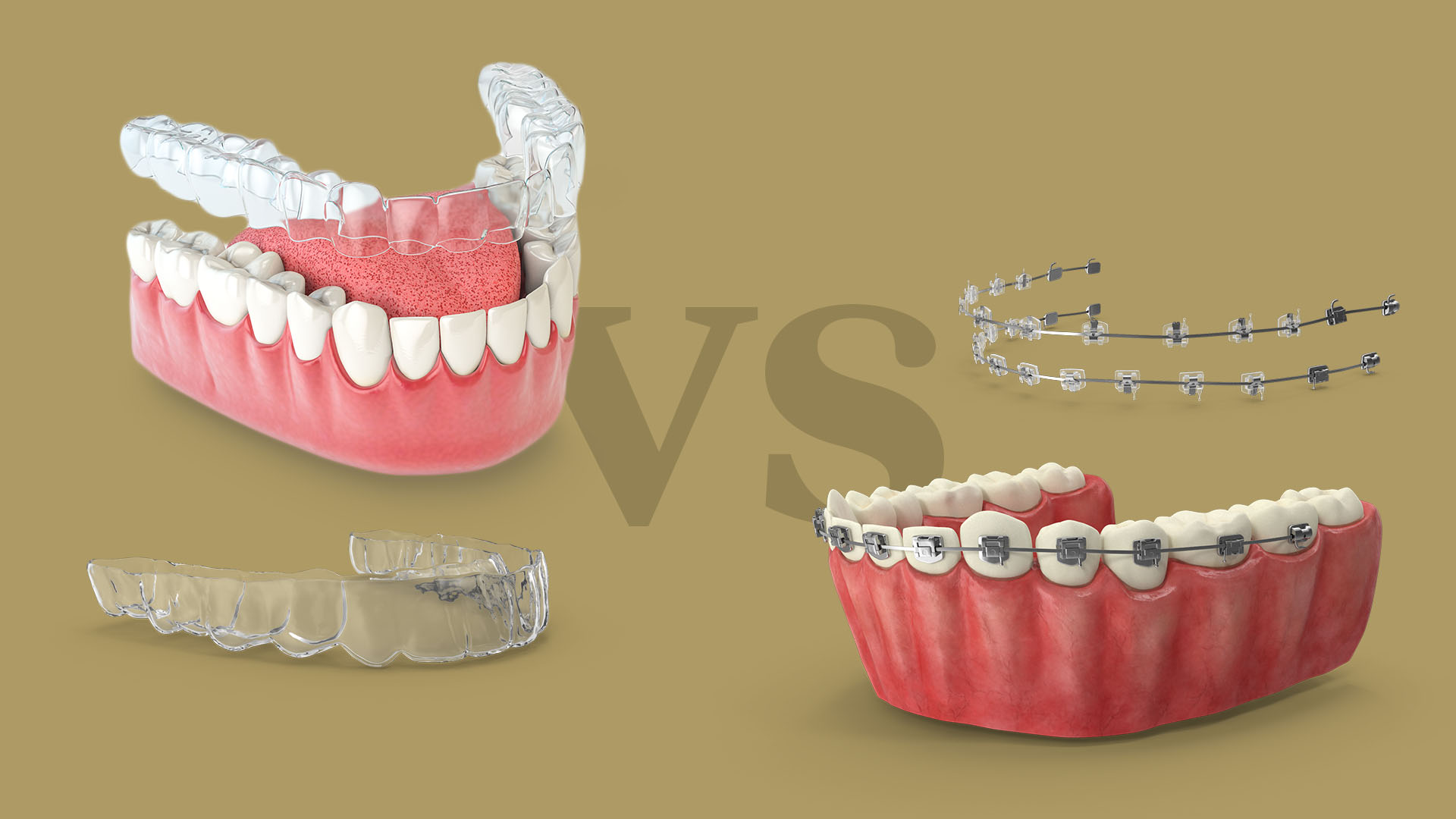- Introduction
- The Smile Inside: The Psychological Impact of Oral Health
- Misaligned Bite, Misaligned Mind: The Link Between Malocclusion and Mental Health
- Hidden Pain: How Oral Pain Influences Psychological State
- Dental Phobia: More than Just Fear of the Dentist
- Healthy Smile, Healthy Mind: Strategies to Improve Oral and Mental Health
- Conclusion
- Scientific references
In a world where well-being is often measured by the visible, few recognise the invisible link that connects oral health to mental health. This article explores this connection, revealing how a simple smile can be the mirror of the mind.
The Smile Inside: The Psychological Impact of Oral Health
Oral health directly influences our self-esteem and perception of well-being. A study published in the Journal of Clinical and Diagnostic Research revealed that individuals with periodontal disease often exhibit signs of depression, anxiety and low self-esteem. This phenomenon, known as “the smile effect”, demonstrates how dental problems can shade our view of ourselves and the world.
Misaligned Bite, Misaligned Mind: The Link Between Malocclusion and Mental Health
Untreated malocclusions, popularly known as “misaligned teeth”, can lead to communication difficulties and social isolation. According to a study in the American Journal of Orthodontics and Dentofacial Orthopedics, adolescents with severe malocclusion have higher levels of dissatisfaction with their appearance, directly affecting their self-image and social interactions. This highlights the importance of orthodontic interventions not only for aesthetics, but as a bridge to improving mental health.
Hidden Pain: How Oral Pain Influences Psychological State
Chronic pain has a profound impact on mental health. The constant discomfort caused by conditions such as toothache or TMJ (temporomandibular dysfunction) can lead to states of anxiety and depression, as indicated in a study in the Journal of Dental Research. Managing oral pain is not just a matter of physical relief, but a crucial step in maintaining mental health.

Dental Phobia: More than Just Fear of the Dentist
Odontophobia, or the irrational fear of dentists, is a serious condition that prevents many from seeking dental care. This fear can result in a vicious cycle of deteriorating oral health and increased health-related anxiety. A report in the British Dental Journal highlights that a sensitive approach and anxiety reduction techniques by dental professionals can help break this cycle, promoting both oral and mental health.
Healthy Smile, Healthy Mind: Strategies to Improve Oral and Mental Health
Promoting oral health goes hand in hand with mental health care. Encouraging daily oral hygiene habits, regular visits to the dentist and the use of anxiety reduction techniques can strengthen this bond. Raising awareness about the importance of oral health, along with access to affordable and compassionate dental care, is fundamental to the population’s mental health.
Conclusion
The interconnection between oral health and mental health is a reminder of the complexity of human well-being. Looking after our teeth is, in essence, looking after our mind. As we move forward, it is crucial that both fields of medicine continue to collaborate, ensuring that a healthy smile truly reflects a healthy mind.
Scientific references:
- “Association between Periodontal Disease and Depression: An Analysis of Data from the National Health and Nutrition Examination Survey.” Journal of Clinical and Diagnostic Research.
- “The Impact of Malocclusion on the Psychological Well-being of Adolescents.” American Journal of Orthodontics and Dentofacial Orthopedics.
- “Chronic Oral Pain and its Impact on Quality of Life.” Journal of Dental Research.
- “Dental Anxiety: Causes, Complications, and Management Strategies.” British Dental Journal.



